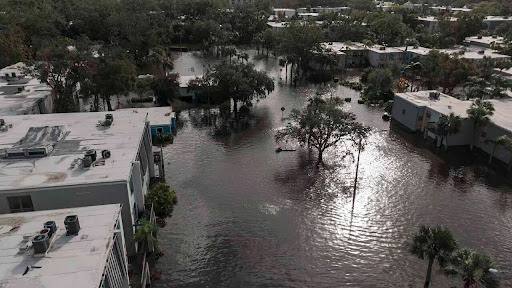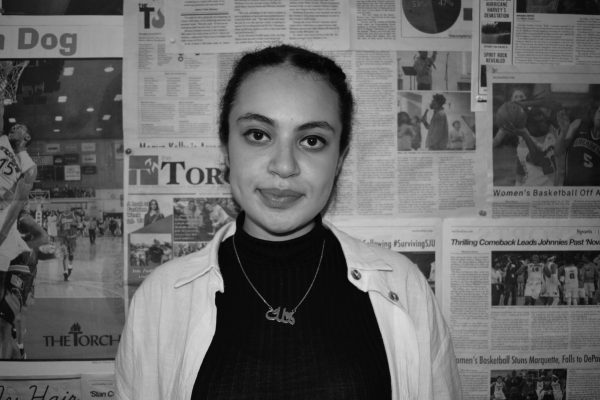
The recent conflict between Israel and Palestine has sparked an uptick in student activism across American campuses. Students have been participating in protests, walk-outs, sit-ins, teach-ins and other forms of solidarity on both sides. Alongside student activism, doxxing has been a key reaction, particularly towards pro-Palestinian voices.
The act of doxxing means to reveal private information about a person such as their full names, addresses, phone numbers or pictures in an attempt to “expose” individuals on what a person or organization deems harmful or embarrassing. One might be motivated to dox another due to personal revenge or political disagreement.
Doxxing tends to be done online, however, doxxing trucks have made prominent appearances on college campuses in recent weeks. Photos and names of the students who have voiced support for Palestine have been displayed on mobile billboards circling campuses and surrounding neighborhoods.
Fortunately, there haven’t been any reports regarding St. John’s student facing doxxing, however, four online sites had published the names, class years, past employment, social media platforms, photos and hometowns of Harvard students who had signed a statement holding Israel responsible for the ongoing violence.
Doxxing has not only taken place at Harvard, but at other schools across the country, such as Yale, Columbia and George Washington.
Personal information made public poses threats to these students. By revealing details about their identity and whereabouts, organizations that participate in doxxing put students in physical danger and make them more susceptible targets of hate.
Doxxing threatens students’ rights to freedom of speech. The First Amendment states that “Congress shall make no law respecting an establishment of religion, or prohibiting the free exercise thereof; or abridging the freedom of speech, or of the press; or the right of the people peaceably to assemble…”
Students must have the right to express their opposition to local, institutional or government affairs and should be protected in doing so.
By putting students in a position in which they have to choose between safety and freedom of expression, the situation begins to resemble those in dictatorships, rather than a democracy. As Americans, regardless of our positions in politics or religion, we all have a right to speak our minds without facing punishment.
While there is no law directly prohibiting doxxing, the US Interstate Stalking Statute “prohibits the use of any interactive computer service in a ‘course of conduct’ that places a person in a reasonable fear of death or serious bodily injury or causes substantial emotional distress to a person.”
While the person or organization that publishes personal information about pro-Palestinian protesters may do so in an attempt to limit employment opportunities, such as the many law firms in the country who have retracted employment offers from pro-Palestinian students, it’s critical to trace the intentions of doxxing and the effects it has on student activists.The information is made available to the public, so someone who does have the intention of causing physical harm or emotional distress, will now have the ability to do so because doxxers have made that possible..
When universities stumble to stand up for freedom of speech and the constitution, they are not only fueling the fire of hate and division but also telling us a message: Speech isn’t so free, afterall.








